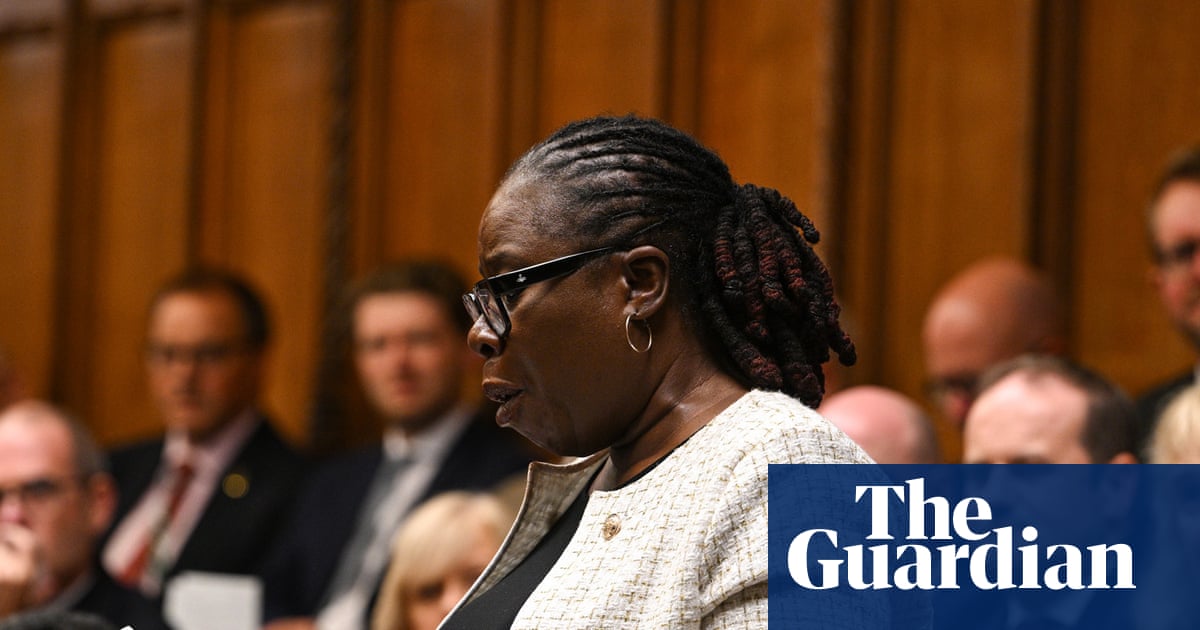Robert Jenrick isn’t diagnosing disorder. He’s manufacturing it (It’s easy to dismiss Robert Jenrick’s fare-dodging stunt. But he understands something Keir Starmer doesn’t, 30 May). The issue isn’t whether people are annoyed by fare-dodgers or spooked by barber shops that stay open late. It’s why that resentment gets more political airtime than landlords hiking rents, billionaires dodging taxes, or private equity firms bleeding the NHS dry.
What Jenrick is doing isn’t tapping into some universal British frustration with rule-breaking. He’s engaging in the oldest trick in the reactionary playbook. Inflate petty infractions into moral panics. Redirect public rage downward. Claim the mantle of common sense. It’s the politics of distraction, dressed up as concern for order.
When Freedland suggests Keir Starmer could learn from this, not the policies but the presentation, he endorses the very performance of power that makes people feel unheard. It’s not that Starmer fails to appear tough enough on antisocial behaviour. It’s that he fails to speak to the real antisocial behaviours that define life under late capitalism. Wage theft. Housing precarity. Digital surveillance. Austerity itself.
Fare-dodging is often an act of desperation or defiance in a system designed to extract. “Weird Turkish barber shops” is not a neutral observation. It is a dog-whistle wrapped in folksy suspicion. The real disorder is structural, not stylistic. Any politics that treats broken windows as more urgent than broken lives will only reinforce the rot.
We don’t need Labour to better mimic Tory talking points. We need courage. Courage to name the real villains. Courage to refuse the scapegoat circuit. Courage to believe the public can handle more than tabloid moralism.
Addie Marphen
London
Jonathan Freedland is correct when he says it is “awkward to take lessons in politics from Robert Jenrick”. However, Jenrick glosses over his party’s part in the causes and thus has no understanding of what brought us here. The society that my and my parents’ generation knew had established, long-term employers, often with people working together on a large scale. We had mutuals, social societies, sports and social and working men’s clubs.
What we offer my children’s generation is cellular working, the commodification of everything, self-absorption and social isolation. Margaret Thatcher started the decay of mutual support and shared interests, and it has worsened over the past 14 years, so it is no surprise that some see the expression of self‑interest in antisocial behaviour and low-level criminality.
Andrew Kyle
Ealing, London
Jonathan Freedland suggests that Keir Starmer might copy the populist gestures of Robert Jenrick. But Starmer has already indulged in many of Freedland’s “nods to the right” with his gimmicky video showing the forcible deportation of asylum seekers, and then his Powellite “island of strangers” speech.
Better by far to “nod to the left” by copying Bernie Sanders (Interview, 4 June), with his uncompromising opposition to all forms of bigotry while advocating traditional social-democratic politics of strong welfare and just redistribution. And nearer home, Starmer could listen to Gordon Brown (Opinion, 27 May) with his passionate commitment to ending child poverty, starting with the unhesitating end to the Tory two-child benefit cap.
Gideon Ben-Tovim
University of Liverpool
It is so distressing to find that I’m impressed by the actions of a politician whom I usually despise. Jonathan Freedland is correct, it’s this kind of petty lawbreaking that infuriates those of us who think that as a society we all need to “play by the rules”.
But having Robert Jenrick (of all people) point this out? Talk about cognitive dissonance.
Pat Downes
Bryneglwys, Denbighshire

.png) 3 months ago
35
3 months ago
35

















































